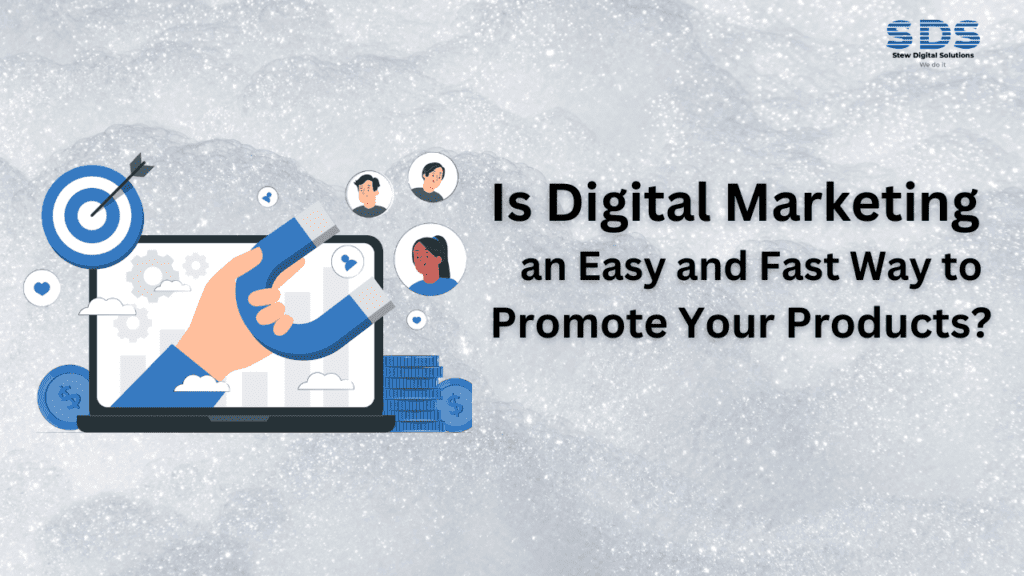The Impact of Artificial Intelligence on digital marketing has been significant, changing the way businesses interact with customers and manage their online presence. Artificial Intelligence (AI) has revolutionized various aspects of digital marketing, from personalized customer experiences to automated campaign management. Here are some of the major impacts that AI has had on digital marketing.
1. Data Analytics and Customer Insights:
AI-powered tools can analyze large amounts of data to gain valuable insights into customer behavior and preferences. This allows marketers to create targeted and personalized campaigns.
Predictive analytics helps businesses predict customer needs and behavior and improve the timing and relevance of marketing efforts.
Personalization:
AI algorithms can tailor content, product recommendations, and ads to individual users based on browsing history, demographics, and previous interactions.
Personalization enhances customer experiences, increases engagement, and drives higher conversion rates.
2. Chatbots and Virtual Assistants:
Chatbots and virtual assistants powered by AI can provide 24/7 customer support, answering common queries and assisting with purchases.
They improve user experience, save time and resources, and help businesses engage with customers in real-time.
3. Content Generation and Curation:
AI can be used to generate content, such as product descriptions, news articles, and social media posts, saving time and effort for marketers.
Content curation tools help identify and share relevant content with audiences, boosting content marketing strategies.
4. Search Engine Optimization (SEO):
AI-driven SEO tools analyze your website’s data and provide recommendations to optimize on-page SEO and improve search engine rankings.
AI also plays a role in voice search and understanding user intent, which is important for modern SEO strategies.
5. Email Marketing:
AI can optimize your email marketing campaigns by segmenting your audience, sending personalized emails, and determining the best time to send messages.
You can also analyze email open and click-through rates to improve the content of future emails.
6. Advertising Campaign Optimization:
AI helps you bid on online ads in real time, optimizing ad placement and budget to achieve the highest possible ROI.
You can also identify powerful ad creatives and target your audience more effectively.
7. Social Media Management:
AI tools help you monitor social media, analyze sentiment, and schedule posts for optimal engagement.
It also helps identify trends and influencer opportunities.
Fraud Detection: Uses
AI algorithms to detect and prevent ad fraud and click fraud, ensuring your marketing budget isn’t wasted on fraudulent traffic.
8. A/B Testing and Conversion Rate Optimization:
AI powers A/B testing and data-driven optimization by quickly analyzing user responses to different website and campaign variations. allow decisions to be made.
9. Marketing Automation:
AI streamlines and automates various marketing tasks, reduces manual effort, and improves efficiency in lead nurturing, scoring, and customer journey management.
10.Content Recommendation:
AI-driven recommendation engine suggests relevant products and content to users, increasing engagement and cross-selling opportunities.
Overall, AI has revolutionized digital marketing by making it more data-driven, customer-centric, and efficient. This enables marketers to create more personalized and effective campaigns while optimizing resources and improving customer experience. However, it is important to use AI ethically and responsibly to maintain consumer trust and comply with data protection regulations.


